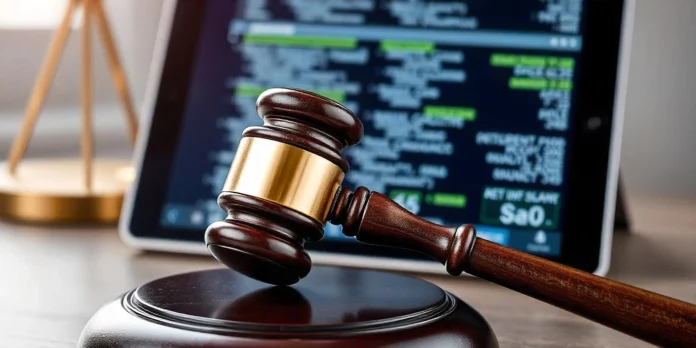The Unlawful Activities (Prevention) Act Tribunal has upheld the Central government’s decision to extend the five-year ban imposed on Sikhs for Justice (SFJ) under the Unlawful Activities (Prevention) Act.
The Central government had declared the pro-Khalistan group as an unlawful organisation in 2019 on account of 11 FIRs registered against it under the UAPA. In July 2024, it extended the ban on Gurpatwant Singh Pannun-led SFJ on the badis of additional 111 FIRs lodged against SFJ and its associates for terror-related activities between 2019 to 2024.
As per UAPA, no such ban shall come into effect unless the same is confirmed by the UAPA Tribunal by an order passed under Section 4 of the Act.
The UAPA tribunal presided by Delhi High Court judge Justice Anoop Kumar Mendiratta on Friday, finding merit in the evidences, observed that there has been a significant surge in unlawful activities linked to SFJ between 2019 and 2024.
It said evidences established SFJ’s connections with Khalistani terror groups such as Babbar Khalsa International and Khalistan Tiger Force, as well as its collaboration with Pakistan’s Inter-Services Intelligence (ISI) to revive militancy in Punjab.
Appearing for Centre, Additional Solicitor General S D Sanjay and Advocate Rajat Nair apprised the Tribunal that SFJ was involved in recruiting and radicalising the youth via social media, financing terror operations through smuggling networks, and issuing death threats to Indian leaders, including the Prime Minister and the Home Minister.
The group incited mutiny among Sikh personnel in the Indian Army and organized acts of vandalism promoting the Khalistan ideology. SFJ further exploited cyber and social media platforms to further its separatist agenda.
It also targeted critical infrastructure such as power plants and railways, as well as attempted to disrupt key national events including the G20 Summit, they added.
They said automated calls and videos were used to incite separatist activities, circulate threats and disseminate propaganda urging acts like burning the Indian flag and disrupting national events.
The evidence presented before the Tribunal included testimonies from 52 witnesses, comprising senior police and intelligence officials. This was supported by videos, documents, and direct admissions by Gurpatwant Singh Pannun.
Noting that SFJ’s activities posed direct threats to India’s national security, the Tribunal observed that such activities were in violation of the UAPA and the Indian Constitution. It then upheld the ban on imposed by the Union government on the organisation.


